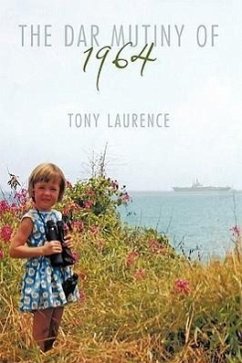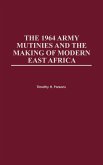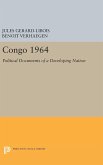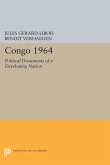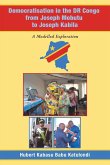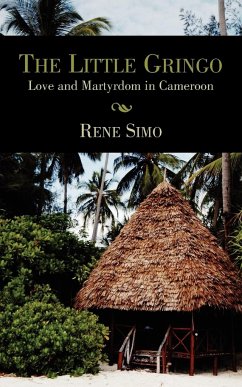January 1964. In the newly-independent state of Tanganyika in East Africa, a crisis erupts. Complaining of low pay and a lack of promotion prospects, the army have mutinied and taken over the capital of Dar es Salaam. The fledgling government, led by President Nyerere, is in turmoil, lacking experience and leadership. They cannot turn to their neighbours for help: Zanzibar has just experienced a bloody revolution of its own, and Uganda and Kenya are also experiencing uprisings in their forces. There is only one country to turn to: Britain. The Dar Mutiny is the fascinating true story of how British forces succeeded in quelling the mutiny in only a few days, demonstrating that prompt, firm and brief military intervention can sometimes succeed where political compromise has failed. Drawing on a wide range of published and unpublished sources, and interviews with those involved, the authors reconstruct the events leading to the mutiny, the tense days of the uprising, and the skillful British operation to quell it at the request of President Nyerere. The authors' intimate knowledge of this largely forgotten piece of post-colonial history (both were present at the time) adds further authority to this exciting story and valuable piece of historical research.

